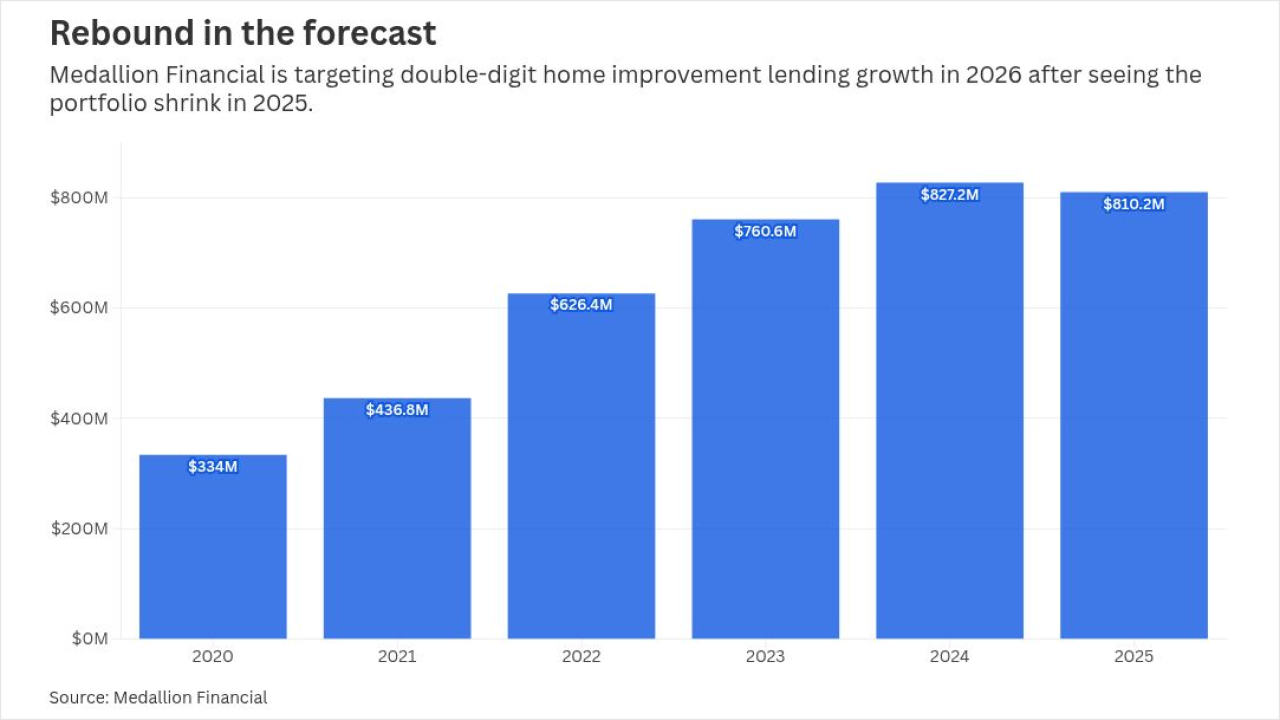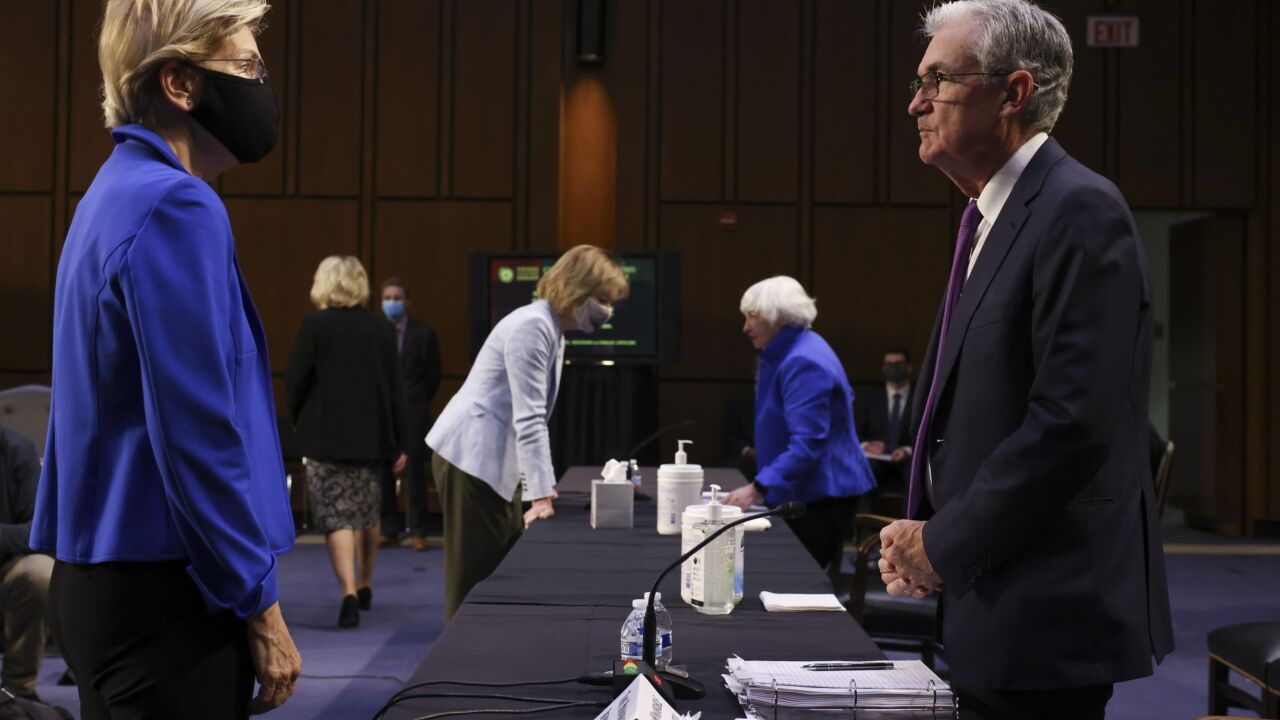-
BROCKTON, Mass. — HarborOne CU, New England's second largest credit union, is the latest credit union giant to be considering a conversion to bank, which would be the biggest credit union conversion yet.
February 16
Members of HarborOne Credit Union in Brockton, Mass., would not be better served by the credit union's plan to convert to a savings bank, according the nation's top credit union regulator.
Deborah Matz, the chairwoman of the National Credit Union Administration, said in an interview with the Boston Globe last week that members would suffer because banks typically offer higher rates than credit unions on consumer loans. She also predicted that the $1.8 billion-asset HarborOne would eventually go public, a move that would likely benefit officers and directors more than depositors. According to the NCUA, 20 of the 28 credit unions that have converted to savings banks since 1995 have later gone public.
"I am concerned when they say they are doing it for the benefit of the members," Matz said. "There is no reason to think that members will be better served by a bank than a credit union."
HarborOne announced its
If the deal is approved by regulators and its own members, HarborOne would be the largest credit union ever to switch to a bank charter.
HarborOne's chief executive, James W. Blake, disputed Matz' claim that customers would see limited benefit from a conversion. "This is a strategic, long-term decision to sustain us in the future," Blake told the Boston Globe. "I expect that people who look into it will think this makes sense."
Matz said in the interview that she expects the conversion to be approved because, so far, there has been no organized opposition to it.





